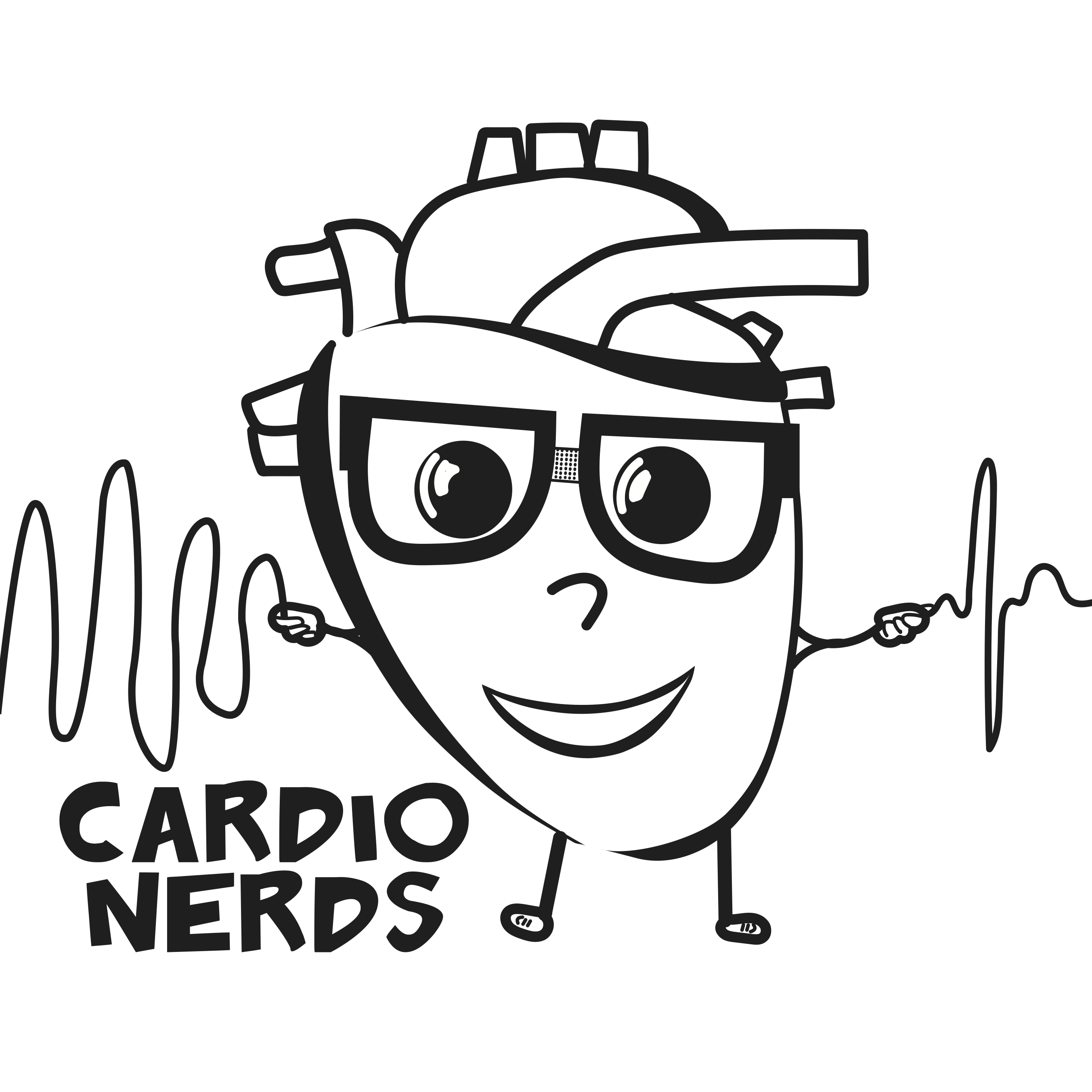141. Narratives in Cardiology: Empowerment & Growing Together as Women in EP with Dr. Kamala Tamirisa Texas Chapter

In the PA.ACC \u2013 CardioNerds Narratives in Cardiology episode, CardioNerd Amit Goyal joins Dr. Miranda Merrill (FIT, Oregon Health & Science University), Dr. Stephanie Fuentes Rojas (FIT, Houston Methodist Hospital), and Dr. Natasha Cuk (FIT, Cedars-Sinai Medical Center) for a discussion with Dr. Kamala Tamirisa (Clinical Cardiac Electrophysiologist, Texas Cardiac Arrhythmia, National ACC Women in Cardiology Leadership Council Member and Co-Chair for ACC Women in Cardiology Advocacy Work Group, and current co-chair of the Texas Chapter ACC EP section) about gender equity and women in cardiology and electrophysiology. This episode focuses on the experiences of women in cardiology across the spectrum of training, from medical school, fellowship, through the procedural field of electrophysiology, to local and national leadership and beyond. Listen to the episode to learn about the factors which have led to Dr. Tamirisa\u2019s success as a private practice electrophysiologist incorporating leadership roles in medical education and national organizations. Closing remarks by Texas ACC chapter governor, Dr. Kenneth Shaffer. Episode script was developed by Dr. Miranda Merrill and episode notes were developed by Dr. Natasha Cuk.\n\n\n\nThe\xa0PA-ACC & CardioNerds Narratives in Cardiology\xa0is a multimedia educational series jointly developed by the\xa0Pennsylvania Chapter ACC, the\xa0ACC Fellows in Training Section, and the CardioNerds Platform with the goal to\xa0promote diversity, equity, and inclusion in cardiology. In this series, we host inspiring faculty and fellows from various ACC chapters to discuss their areas of expertise and their individual narratives. Join us for these captivating conversations as we celebrate our differences and share our joy for practicing cardiovascular medicine. We thank our project mentors Dr. Katie Berlacher and Dr. Nosheen Reza.\n\n\n\nVideo Version\xa0\u2022\xa0Notes\xa0\u2022\xa0References\xa0\u2022\xa0Production Team\n\n\n\nClaim free CME just for enjoying this episode! There are no relevant disclosures for this episode. \n\n\n\n\n\n\n\n\n\nThe PA-ACC & CardioNerds Narratives in Cardiology PageCardioNerds Episode PageCardioNerds AcademyCardionerds Healy Honor Roll\n\n\n\n\n\nCardioNerds Journal ClubSubscribe to The Heartbeat Newsletter!Check out CardioNerds SWAG!Become a CardioNerds Patron!\n\n\n\n\n\n\n\n\n\nVideo version - Women in EP\n\n\n\n\nhttps://youtu.be/e7Cjv4vPXqg\n\n\n\n\nQuotables - Women in EP\n\n\n\n\u201cThe exciting part today is to see three women who are interested in EP\u2026 like RBG said, when all EP physicians are women, that\u2019s the day we\u2019re going to celebrate\u201d 07:15\n\n\n\n\u201cThere's nothing (more) exciting\u2026 than EP, just that technology, the marriage between analytical thinking, tactile, touch, with a deductive logic.\u201d 09:18\n\n\n\n\u201cMultiple studies have documented sex disparities in cardiovascular care\u2026 (Historically) women and minorities did not receive implantable cardioverter defibrillators or even BiV (biventricular) pacers\u2026 a potential driver for these disparities in cardiovascular disease is lack of diversity in the workforce. Very simple.\u201d 19:28\n\n\n\n\u201cI still want to wear my lipstick. I still want to wear my heels. I want to do my hair. I still want to be a proceduralist and that's okay. Make room.\u201d 28:00\n\n\n\nShow notes - Women in EP\n\n\n\nWhile this episode and the following notes are specific to women in electrophysiology, these same basic principles apply to fostering a more inclusive and welcoming environment in other subspecialties for all persons regardless of sex, gender, race, ethnicity, IMG status, and the other factors which make us different from one another and which enrich our workforce.\n\n\n\n1. Why choose electrophysiology?\n\n\n\nAn EP career is unique \u2013 it combines the biology, physiology, and procedural skills learned in residency and fellowship training with engineering, mathematic, and imaging principles learned and refined in advanced EP fellowship.1EPs work in a spectrum of settings and with a spectrum of modalities: inpatient, outpatient clinic,